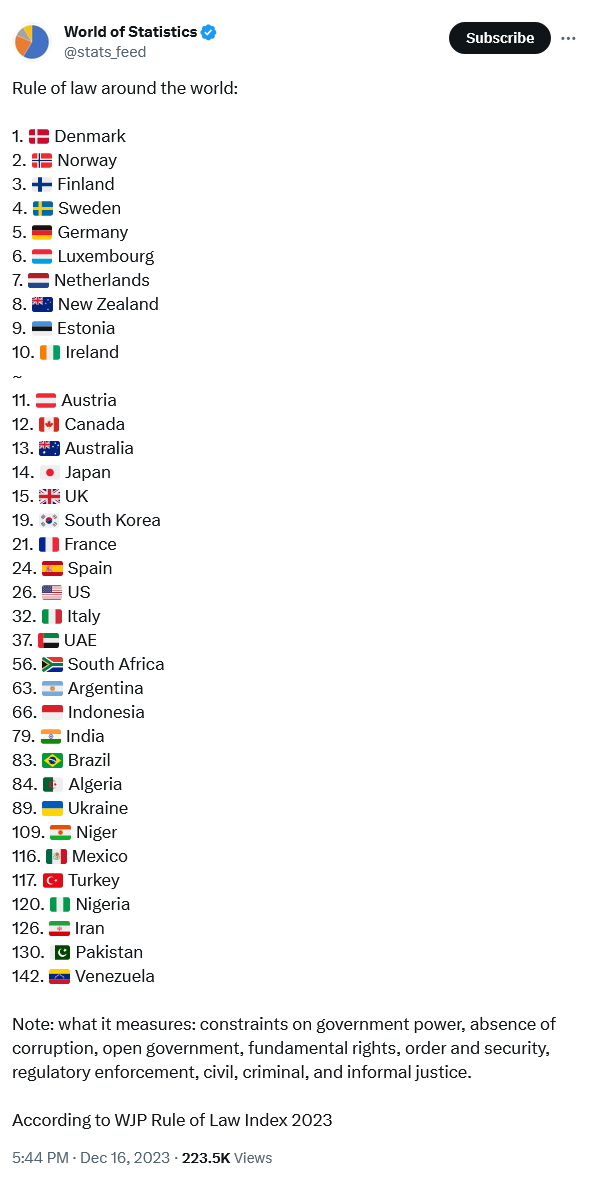In the face of an anticipated surge in gas deficit at the onset of 2024, triggered by Azerbaijan's state-owned firm SOCAR's refusal to provide a distressed LNG cargo for the month, Pakistan is taking proactive measures. The country is set to issue a tender, inviting bids from LNG trading companies for a spot LNG cargo essential for January. This strategic move aims to address the impending gas shortage and ensure an uninterrupted gas supply to the domestic sector, particularly during crucial cooking hours.
The Tender Announcement: Pakistan LNG Limited (PLL) is poised to release a tender within the current week, soliciting bids from LNG trading companies for the timely delivery of a crucial LNG cargo. The objective is to mitigate the expected gas shortfall and sustain an eight-hour gas supply window for domestic consumption during cooking times.
Government Instructions on Bidding Process: In a bid to secure the best possible deal, the government has provided clear instructions to PLL regarding the bidding process. The directive is to procure the LNG cargo based on the lowest bid received during the process. However, if the lowest bid falls outside PLL's acceptable range, the option to negotiate with SOCAR for a lower price remains viable. This strategic approach ensures that Pakistan secures the most cost-effective solution to address its immediate energy needs.
Managing High Bids and Previous Precedents: Highlighting the context, the official noted that recent bids for another cargo in December ranged from $18.3900 to $19.3900 per MMBtu, which were deemed on the higher side. To manage this situation, SOCAR, under the GtG agreement, provided a second cargo at a price below the lowest bid from Vitol, which was $15.95 per MMBtu. This precedent showcases the flexibility and negotiation prowess within the LNG procurement framework.
Azerbaijan-Pakistan LNG Agreement: The backdrop to this situation lies in the Government-to-Government (GtG) deal signed during the tenure of Shehbaz Sharif's government with Azeri firm SOCAR. According to this agreement, SOCAR is obligated to provide one LNG cargo per month. The agreement, inked on July 25, 2023, for a one-year duration (extendable to another year), outlines the terms under which SOCAR Trading Company-UK offers LNG cargoes. This includes a 45-day lead time and a validity period for PLL to accept the offer.
Anticipated Gas Shortfall: Before the potential non-provision of the LNG cargo by SOCAR, Pakistan was projected to face a gas shortfall of 360 MMCFD in December 2023, with an alarming increase to 470 MMCFD in January 2024. Despite restricting gas availability to the domestic sector for only eight hours during cooking times, the challenge of meeting the rising demand remains a critical concern.
Regional Gas Deficit Estimates: Government functionaries have outlined the anticipated gas deficit in both the Sui Southern and Sui Northern systems. In the Sui Southern System, the gas shortfall was expected to be 160 MMCFD in December and 170 MMCFD in January. Meanwhile, in the Sui Northern System, the deficit was projected at 200 MMCFD in December, escalating to 300 MMCFD in January.
Conclusion: As Pakistan navigates the challenges posed by the impending gas deficit, the decision to issue a tender for LNG cargo bids reflects a proactive and strategic approach. The government's emphasis on securing the best possible terms through transparent bidding processes and negotiations with suppliers showcases a commitment to ensuring uninterrupted gas supply to its citizens. However, the evolving situation underscores the need for flexible and adaptive energy policies to address the dynamic nature of the global energy landscape.
Explore Pakistan's response to the looming gas deficit as it issues a tender for LNG cargo bids in January. An in-depth analysis of the bidding process, negotiation strategies, and the broader energy landscape. #PakistanLNG #GasShortage #EnergyCrisis #LNGTender #SOCAR














